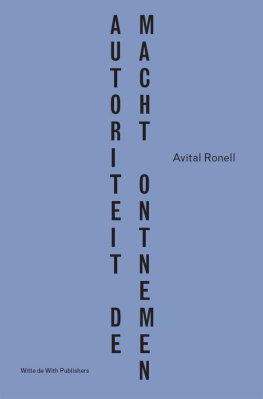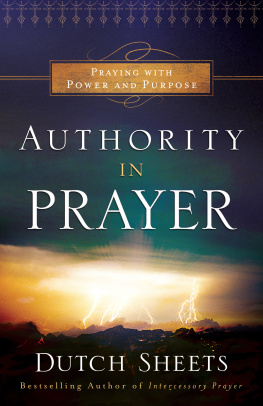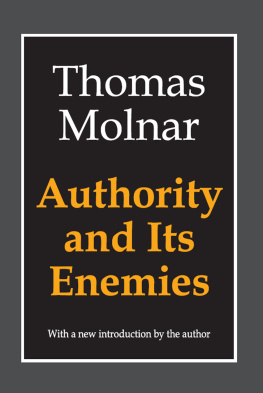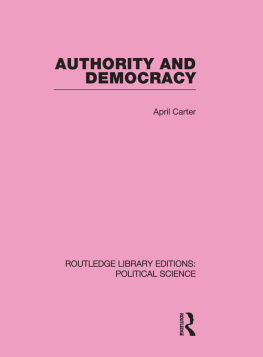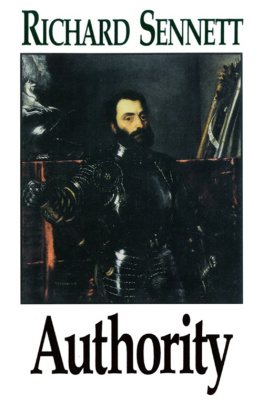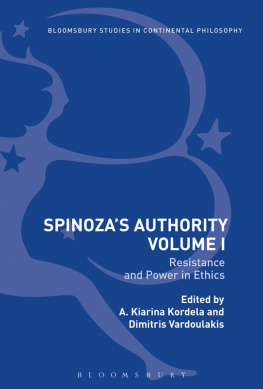POWERING DOWN ON AUTHORITY
Avital Ronell
Witte de With Publishers
Table of Contents
Paternal Overdrive and Traumatic Invasiveness
Sometimes the subject matter with which one engages frustrates the hermeneutic drive. Or it menaces the whole enterprise and plan of judicious approach, undermining all good intentions mobilized toward inviting a sensible dialogue or assuring a purposeful probe. A vexed motif, an unauthorized problem set, threatens to capsize you. Be that as it may, I am a child of the university, an entity whose expressions of ambivalence have not yet destroyed me. (But how does one know that one has not been destroyed? I have evidence to the contrary. That is a topic for another occasion. One day I will investigate the tyranny of the university over my own trajectories and dream projects, beginning with the way it has ruled over and overruled my body, beating down any healthy instinct, trampling the least cellule of creativity, but this problem does not move me now and I know too well that Im rigged to be grateful to that traumatic invasiveness, which, with all its identificatory passes, is also in the end a structuring force.) I mark these coordinates not out of a sense of entitled indulgence or narcissistic complacency, but in order to situate myself near the problem areas that I would like to discuss here.
I intend to ride out a wave that was unleashed quite a while ago by Walter Benjamin, who saw and nailed the demise of aura in the artwork and those regions of existence claiming transcendence. Close by, Hannah Arendt was sizing the demise of authority, located within the political realm or in philosophical and artistic zones of creativity.sense, that which was needed in order for the world of humans to thrive and name and create. I add an unfinished work of Alexandre Kojve to the mix, for he has understood the disastrous consequences of relinquishing authority, be it that of God or nation-state, or of what is insinuated by the trickle-down divinity of the work of art. It would be presumptuous to tie together all these strands, but the charge of presumption has never stopped me before.
I want to consider what happens to our shared and fissured worlds when the auratic claims or mystical foundations on which the power pump of authority depends have been eroded. What happens to the performance of power and diplomacy, to world-running energies, when they are no longer backed by the assured stance of authority? Does one scale back on the way deals are cut, or do new smart powers emerge to fill in for what has gone missing? Or has the breakdown of authoritys long-reigning erain many ways heralded by art and political forms of steady insurrectionbrought us to a portentous standstill? Let us examine the premises behind these questions with patience and a fresh stash of curiosity. I begin by putting our focus on the problem of authority: the way it is carried, undermined, repelled, mimed, embraced, or perpetually questioned. Ill start with my home ground, with one of my residential addresses, from where I frequently emit signals.
In the university, the exercise of authority, including the often-covert habits of tyranny and evocations of injustice, remain to be studied even as such investigations tend to downscale other, more manifestly distressed experiences of wrongdoing. Itself embattled by the threat of repressive regimes, the university seems in any case small in comparison to frankly pernicious political entities, and in some cases bravely shelters subversive cognitive sprees and intellectual diversity, making room for behaviors and reflections that receive no pass in other sectors of certain dominant cultures. Nonetheless, whether or not it mirrors larger social tendencies, the university-as-life form should not escape review, for it also sponsors unfreedom in a number of ways and appears to exhaust the teaching body under the weight of an ever-increasing bureaucratic prerogative. University offices, like all bureaucracies, dispense their toxic dosage of authoritarian rule; and the struggle over what carries authority or what is poised to make one perish (which is not limited to grammars of authorship and the contingencies of publishing) never stops.
If I have begun my discursive run by slowing down for an institutional checkpoint, this is happening in part because the very possibility of experience, be it flagged by distress, disaster, scales of exaltation, or even mundanity, must nowadays be faced without the hallmark of truth. Truth was once affiliated with and came after ruin; its disclosure and light often depending on the staging of someones or somethings ruinous disintegration. Today, by contrast, disaster is without truth, occurring without a sign cast from the luminous concealment of a beyond. Deprived of shelter, pitched on the edge of metaphysics, one is thrown back upon minimal signposts and decidedly modest directives. We are more on our own than ever before, more responsible for locating the incitements of an essentially untraceable call. This condition favors the spread of social narcissism, a problem that I would like to address briefly, with the understanding that it will receive more attention elsewhere.can be played when it comes to the domination of the political and the necessity of sizing up its implications.
I start off by conducting nano-analyses, following minor or minoritarian tracks that may lead nowhere or, suddenly, they may flip into the big picture to function as canaries in a political coal mine. Growing into small spaces in order to bear hard upon big issues has its advantages, and Im not the first to try this scholarly diet. Still, there are pitfalls and dramatic dissolutions. At the same time as one may be motivated by Kafkan velocities to interrogate the fate of a speckat the same time as one senses the surprising advance of nano-traces, evicted conceptual shells, or the itineraries of imperceptible systemic disruptionone is also arrested by the magnitude of oversized concerns that are bound to existence. One is compelled to return to the fundamental structures that keep us going, if only in the mode of stationary mobility and according to archeophiliac determinationmeaning that one is magnetized by the return of and driven by the return to ancient objects, concepts, formulae when piecing together the remnants of world. Even if one may favor the miniaturized portion of heavy-hitting problems, one sometimes crashes against the wall of their magnitude. Though preferring the speck to the spectacular, I must take my questionswell, they are not really questions, they are callsI take these calls, given a choice (though it is not a matter of choice but let us go on). In order to be worthy of presentation, they should light up only when and if they arrive beyond themselves, from where they loom: big, barely manageable, yet non-dialectically allied with the speck. The calls may seem marginal, yet they require sizable backup from the tradition, the books, textual fronts, historical feints, and referential pretenses that increase their expanses. By chasing down the motif of authoritywhere big meets little, constantly exchanging and challenging attributesI am attacking a cluster of issues that has been heckling me from the philosophical bleachers and that asks, in a way that wont let up, these questions: Where does the political pose problems? How is the very possibility of peaceful coexistence undermined by apparently unbreachable structures?
The Fissures
I am not the only one to have been left behind when the gods absconded. I have heard you cry; I listen to the rumble of remote but unavoidable clashes: the job description of those left behind, without guarantor or reliable transcendence, without the pat on the back telling you to go on, youre doing the right thing, hang in there. We scour the breakups, appraise the fissures, staying close to the fragile understructure of falsely grounded knowledge systems. We come in after the break, in the historical and nearly ontological zone that Jean-Luc Nancy designates as after tragedy, where he analyzes what venir aprs meanswhat it means to ride in on the wake, to come in afterwards like the very concept of history, like all the
Next page
